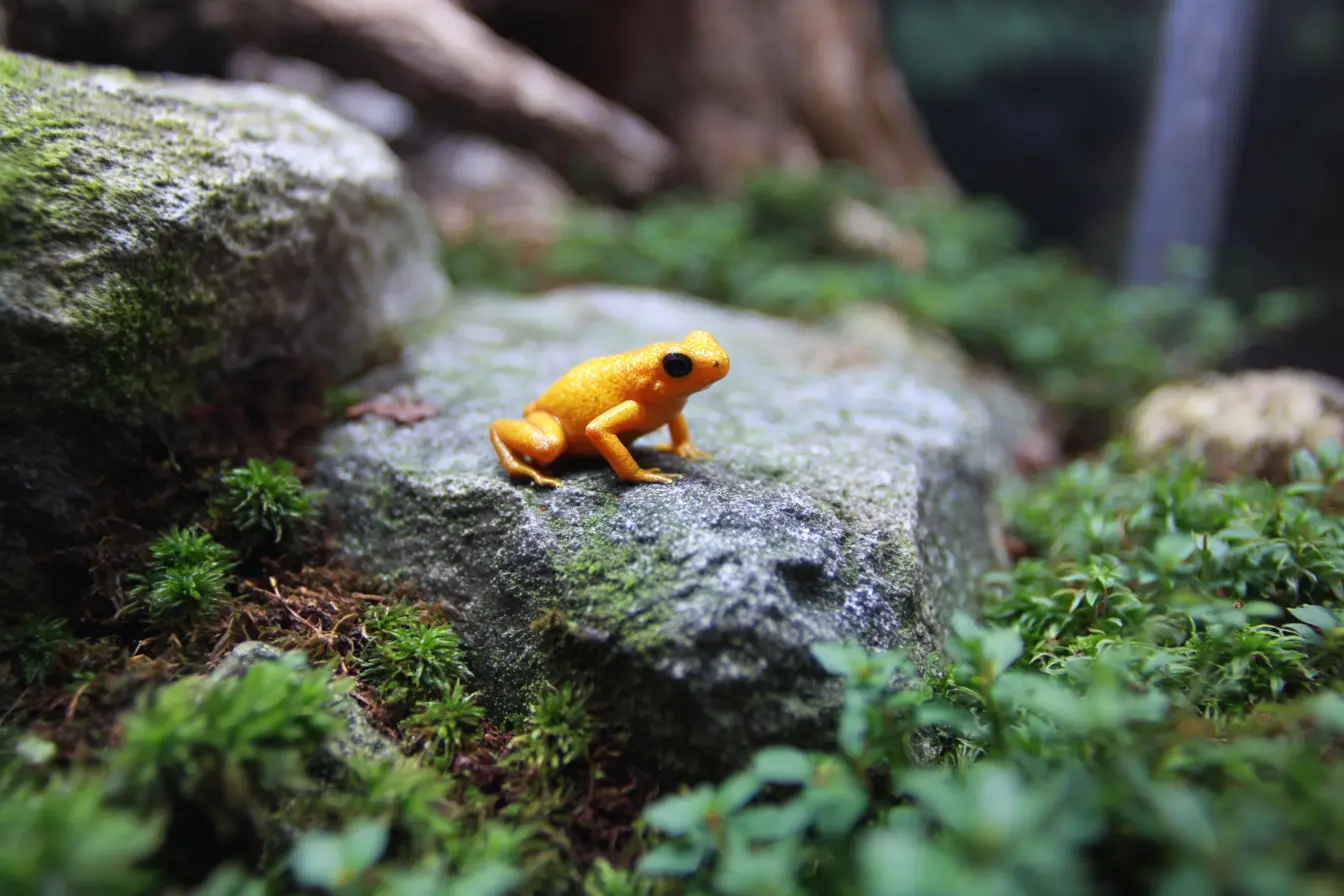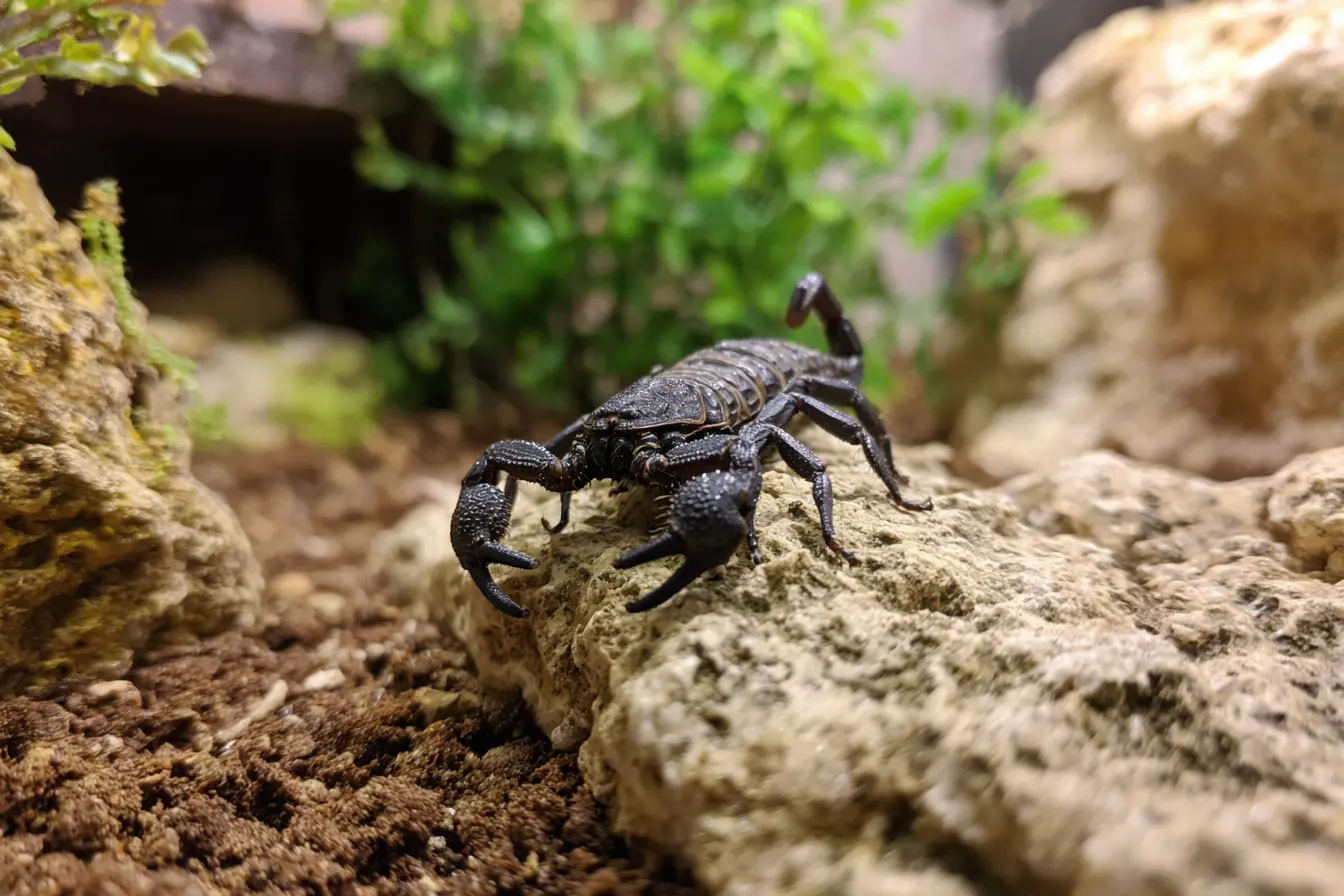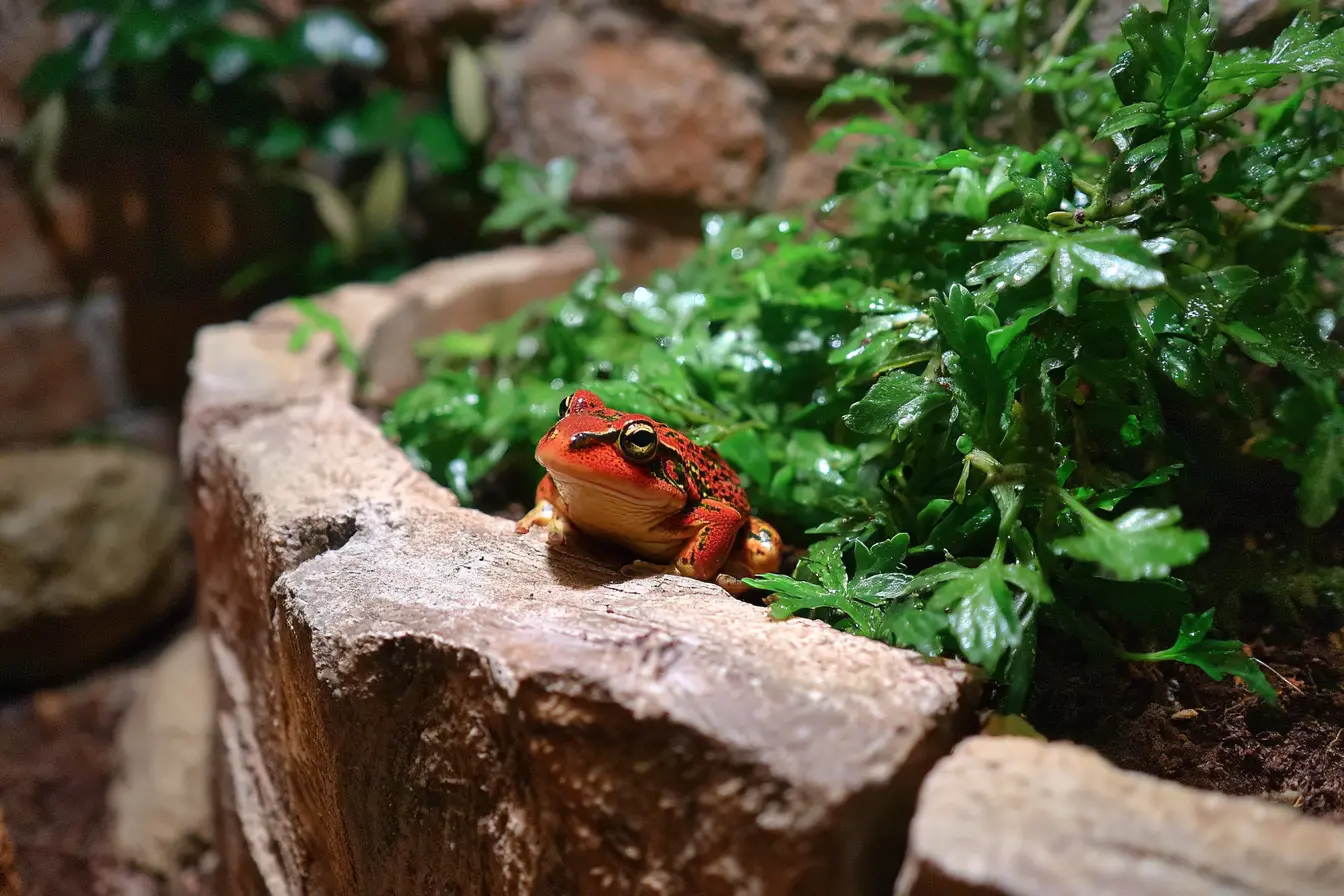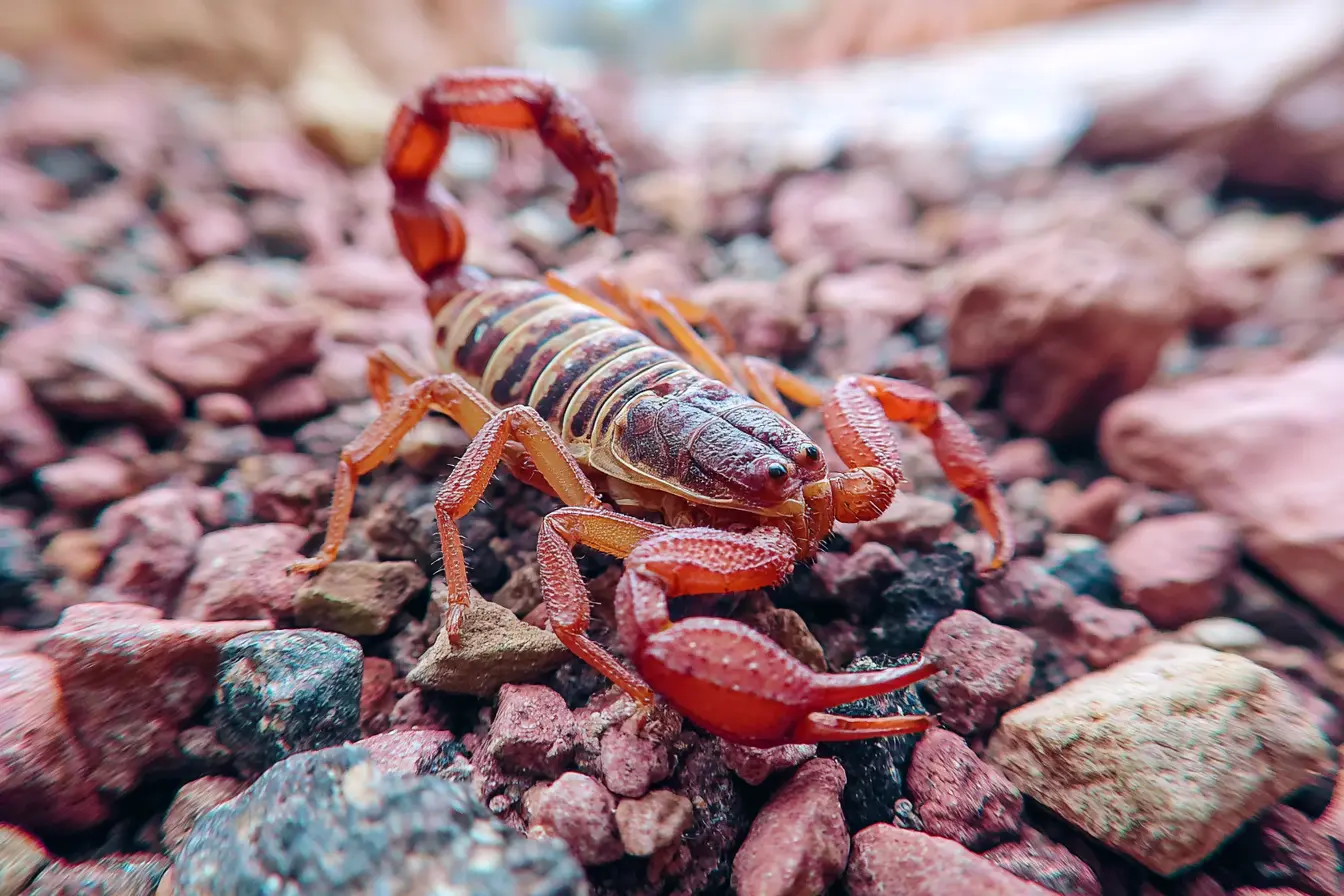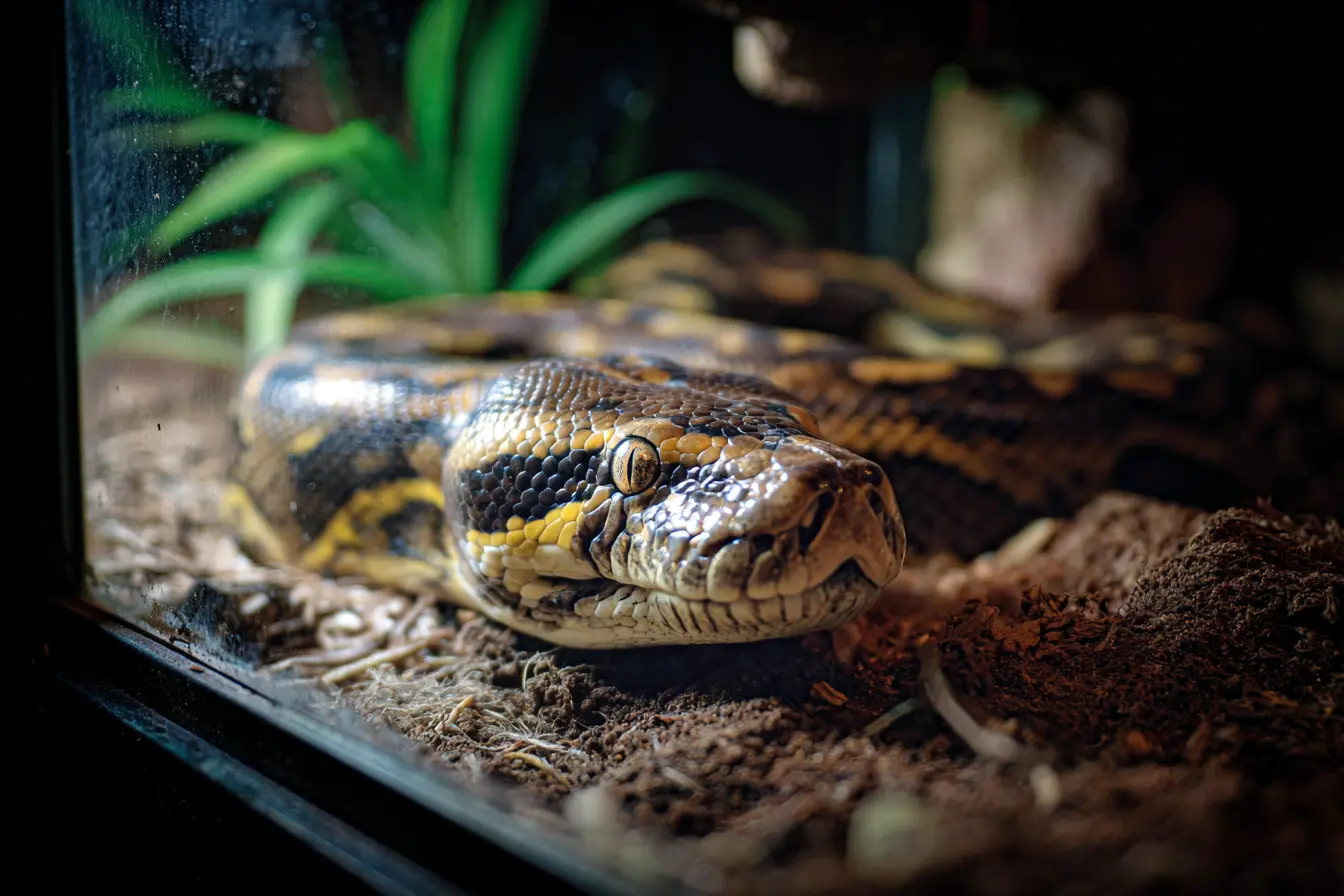
Considering an African Rock Python? What You Need to Know Before Bringing One Home
The African rock python is one of the most powerful and awe-inspiring snake species on the planet. With its immense size and commanding presence, it captures the attention of seasoned reptile keepers looking for a bold and challenging addition to their collection. However, due to their temperament, strength, and size, African rock pythons are not suitable for casual or inexperienced owners. If you're thinking about keeping one in the UK, here’s what you must know to prepare responsibly.
Introduction to African Rock Pythons
African rock pythons (Python sebae) are native to sub-Saharan Africa, where they inhabit savannas, forests, and near water sources. These snakes are known for their olive and brown blotched patterning, which provides excellent camouflage in the wild. Adult specimens frequently exceed 4 metres (13 feet), with some reaching over 6 metres (20 feet), and they can weigh more than 90 kg (200 lbs).
This species is not only large but also notoriously defensive, especially in the wild or when improperly socialised. They’re best suited to very experienced handlers who understand large, strong snakes and can work with them safely.
Legal Requirements in the UK
Dangerous Wild Animals Licence
African rock pythons are covered under the Dangerous Wild Animals Act 1976 in the UK. This means you must apply for and be granted a Dangerous Wild Animals Licence through your local authority before legally acquiring one. Inspections will typically assess:
- The security and construction of the enclosure
- Your experience and preparedness
- Risks to public safety
- Veterinary care arrangements
Ethical Sourcing
Always acquire your python from a responsible, licensed breeder who can provide documentation of captive breeding. Avoid wild-caught individuals as they are prone to aggression, stress-related health issues, and pose ethical concerns regarding conservation.
Setting Up the Ideal Habitat
Enclosure
- Size: An adult African rock python requires a massive enclosure — ideally at least twice its length in overall floor space, with plenty of height for environmental enrichment.
- Temperature: Maintain a thermal gradient from 26°C (79°F) on the cool side to 32°C (90°F) at the basking end.
- Humidity: These snakes prefer moderate to high humidity levels, between 60–70%. A large water bowl and regular misting will help maintain this.
- Substrate: Use humidity-retaining materials such as cypress mulch, coconut husk, or soil-sand mixes. Clean frequently to prevent bacterial build-up.
Security
- Escape-proofing: The enclosure must be constructed of reinforced materials with lockable doors or lids. These snakes are incredibly strong and persistent—standard reptile tanks won’t suffice.
Diet and Nutrition
African rock pythons are carnivores that consume large prey:
- Feeding Frequency: Juveniles can be fed weekly, while adults generally eat every 2–3 weeks.
- Prey Type: Rats, rabbits, and even small pigs may be used depending on the snake’s size. Prey should never exceed the widest part of the snake’s body.
- Feeding Safety: Always offer pre-killed or frozen-thawed prey. Never feed live animals, as this can injure the snake and is considered inhumane.
Health Considerations
Owing to their size and strength, it is essential to monitor for health issues closely. Common problems include:
- Respiratory infections from poor humidity or ventilation
- Parasitic infections, particularly in wild-caught individuals
- Injuries sustained from enclosure hazards
- Obesity, if overfed and under-stimulated
Work with a vet experienced in large constrictors for annual check-ups and any health concerns.
Handling and Behaviour
African rock pythons have a reputation for being defensive and difficult to tame, especially as adults. While some captive-bred individuals can become accustomed to handling, extreme caution is required:
- Handling: Always handle with at least one experienced helper, especially once the snake exceeds 2 metres in length.
- Temperament: These snakes can be fast, strong, and aggressive when stressed or threatened. Regular, gentle handling from a young age may help, but temperament varies widely between individuals.
Conclusion
African rock pythons are not for the faint-hearted. They demand exceptional care, space, and respect. If you're an experienced reptile keeper with the right resources and licensing, an African rock python can be a fascinating and rewarding animal to keep. But always approach the responsibility with realism, preparation, and a deep respect for the species’ natural power and instincts.
Vets near you
Speciality vets
- Aquatics vet specialists
- Birds vet specialists
- Camelids vet specialists
- Cats vet specialists
- Cattle vet specialists
- Deer vet specialists
- Dogs vet specialists
- Equines vet specialists
- Exotic vet specialists
- Goats vet specialists
- Pigs vet specialists
- Poultry vet specialists
- Sheep vet specialists
- Small Mammals vet specialists
- Wild vet specialists
Vet facilities
- Accessible by public transport
- Blood testing
- Car park nearby
- Client car park
- Dentistry
- Diagnostic imaging
- Disabled public access
- Flea and worm treatments
- Microchipping
- Mobile services
- Neutering
- Open at weekends
- Out-of-hours service
- Referral interests
- Referrals only
- Street parking outside
- Toilets available
- Vaccinations
